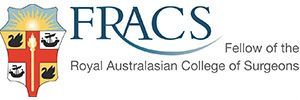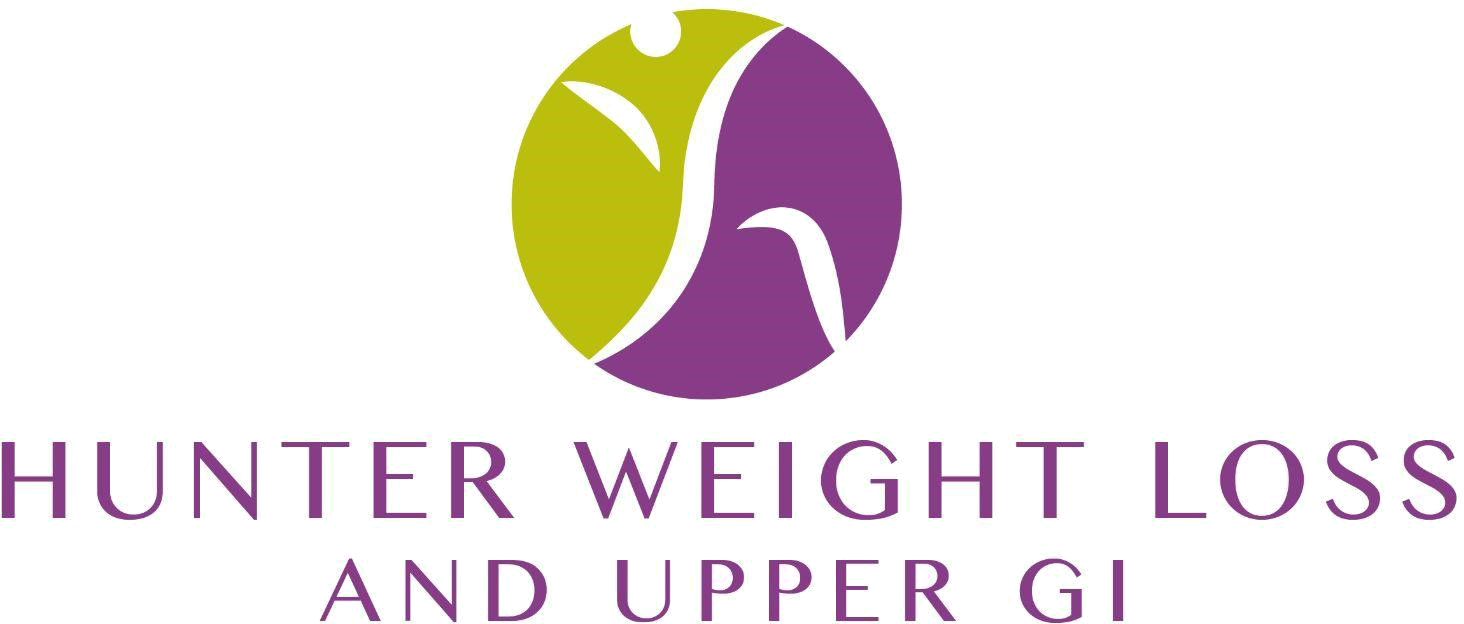Mini Gastric Bypass: One Anastomosis Gastric Bypass
What is a Single Anastomosis Gastric Bypass?
One Anastomosis Gastric Bypass (OAGB), also known as Mini Gastric Bypass or Single Anastomosis Gastric Bypass (SAGB), is a newer and technically simpler bariatric surgery compared to the traditional Roux-en-Y Gastric Bypass (RYGB).
This surgical procedure involves the creation of a long, narrow gastric pouch that is then connected (anastomosed) to the small intestine, bypassing approximately 150 cm of the upper part of the small intestine.
Who is a Candidate for One Anastomosis Gastric Bypass?
OAGB is typically considered for individuals with:
- Body mass index (BMI) of 35 or higher.
- BMI of 30-34.9 with obesity-related health conditions.
It's important to consult with a qualified bariatric surgeon and medical team to discuss your circumstances and determine if OAGB is the right choice.
Benefits of One Anastomosis Gastric Bypass
- Simpler and faster surgery: Less operating time translates to shorter hospital stays and potentially quicker recovery.
- Effective weight loss: Most studies show that the OAGB has greater weight loss than the sleeve and the Roux en Y gastric bypass.
- Excellent Type 2 Diabetes Control: OAGB is highly effective in managing type 2 diabetes and has excellent remission rates.
- Lower risk of some complications: OAGBs have lower risks of certain complications than RYGB, such as internal hernias.
- Potentially easier to revise: Due to its simpler design, OAGB might be easier to revise if necessary.
Alternative Options to OAGB
While OAGB is an effective weight loss intervention, it may not suit everyone. Alternative options for weight loss include:
- Gastric Sleeve Surgery
- Roux-en-Y gastric bypass
- SADI-S
- Medical Weight Management Programs
What to do Before OAGB?
Pre-Operative Diet
When you have a date for surgery, you will be advised to follow a very low-calorie liquid meal replacement diet for 14 days before surgery. The diet helps you lose weight, particularly from the liver, optimising the procedure's safety. You will receive more detailed information about this when you see the dietician.
One Anastomosis Gastric Bypass Procedure
- The procedure is performed with a laparoscopic (keyhole) technique under general anaesthesia.
Five small incisions (between 5 and 12mm long) are made to insert keyhole surgery instruments. - Using these instruments, the top of the stomach is stapled to form a thin tube (30ml to 50ml in size). The thin tube becomes the new, smaller stomach completely separate from the rest.
- This stomach is then sewn to a loop of the small intestine, bypassing the first part of the intestine called the duodenum and approximately 150-200cm of the bowel. The rest of the stomach and upper part of the small intestine remain in the body but are no longer used for food digestion.
What to Expect After Surgery?
The vast majority of patients will have a very smooth recovery. This usually entails:
- Hospital Stay: Most patients spend one to two nights in the hospital. Your surgeon will ensure you have recovered well and can drink enough fluids before going home.
- Pain Management: Your healthcare team will provide appropriate pain management strategies, including medications and other techniques, to help alleviate discomfort and promote comfort.
- Dietary Progression: Your diet will progress gradually from clear liquids to pureed foods and eventually solid foods as guided by your healthcare team. This allows the digestive system to heal and adapt to its new structures.
- Lifestyle Changes: Healthy lifestyle habits, including regular physical activity and mindful eating, are crucial for long-term weight loss. Your healthcare team will guide you on incorporating these changes into your daily routine.
Post-Operative Care Plan
After the procedure, you will start on clear fluids only (water, black tea, broth, juices). These will need to be sipped slowly in small amounts. You will then be able to have free fluids for the rest of your hospital stay. During the next four to six weeks, while your body heals, you will gradually increase the texture and volume of the food you take. Further information will be provided at your appointment with the dietician.
Surgeon
The first postoperative clinic visit will be arranged for four weeks after surgery. Your wounds will be assessed at this appointment, and any other issues will be discussed.
Dietitian
Remember that surgery is an aid to weight loss. Eating behaviours must be modified to get the best result from the procedure. Eat various healthy foods, limit your calorie-dense foods and liquids, and slow your eating speed to improve food tolerance.
If eating behaviours are not adapted after surgery, weight loss will be limited, or weight regain can be possible. More detailed information about correct eating behaviours will be covered during your visit with the dietitian.
OAGB Outcomes
OAGB has shown fantastic results in weight loss and improvement in obesity-related health conditions, particularly type 2 diabetes. While individual outcomes may vary, adherence to the post-operative guidelines, commitment to lifestyle changes, and active participation in follow-up care can increase the likelihood of long-term success and improve overall well-being.
OAGB Risks
Acute complications include (but are not limited to):
- Bleeding
- Leak
- Ulcers
- Blood Clots
- Pneumonia or Chest Infection
Possible Long-Term Complications include:
- Anastomotic Stricture
- Internal Hernia
- Gastro-Oesophageal Reflux
- Failure of weight loss or weight regain
As this surgery affects the function of the gut, some patients cannot tolerate adequate food intake, which can result in the requirement for long-term nutritional support.






